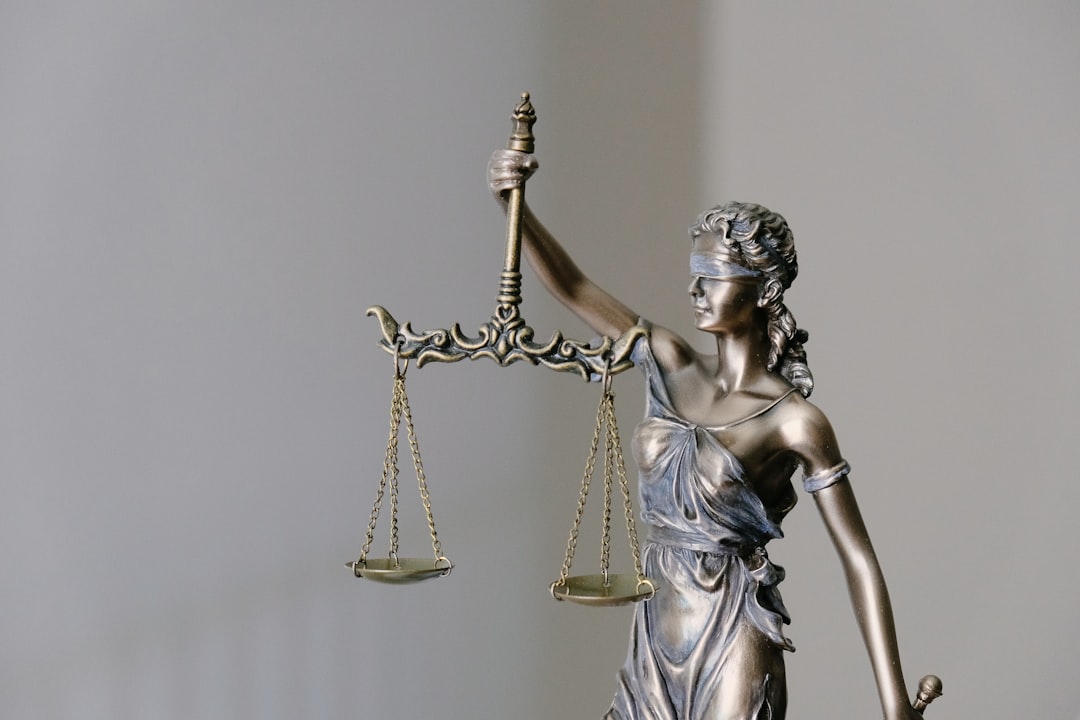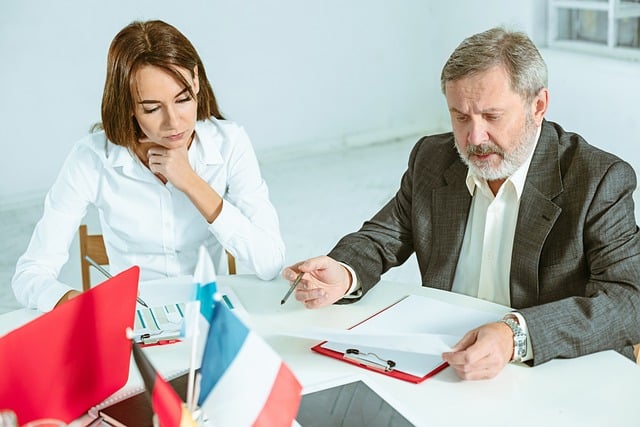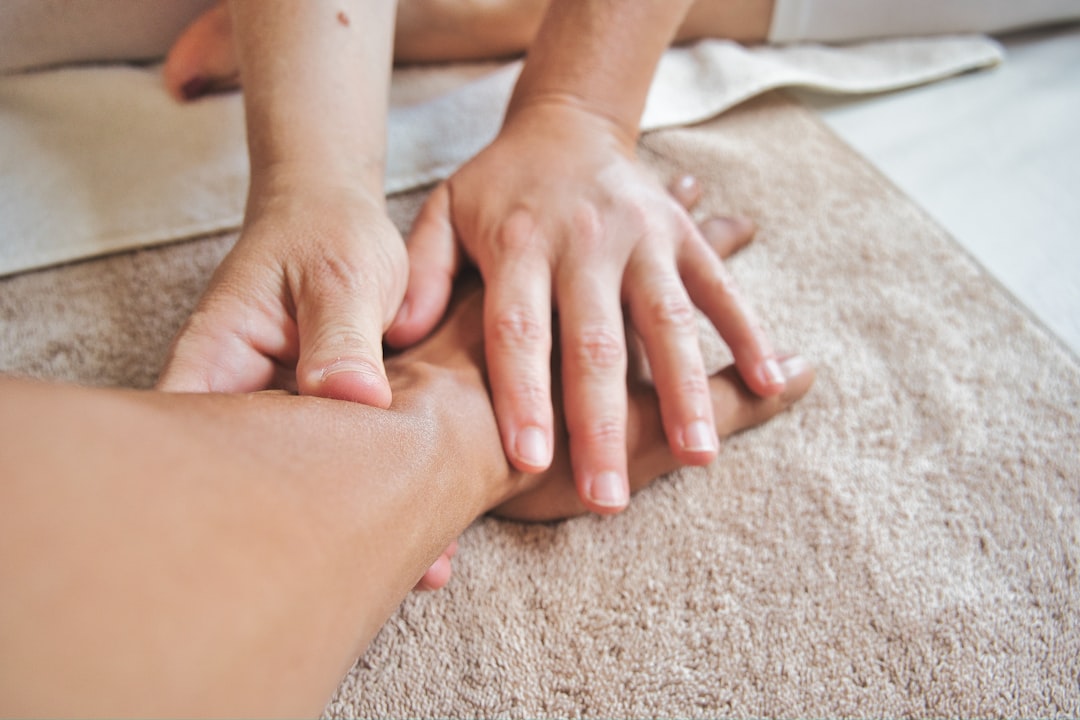Global partnerships between cities, like Beer Sheva and Seattle, promote cultural exchange, especially in wellness sectors. Focus on massage therapy safety involves educating practitioners and clients about ethical boundaries and consent. Cross-cultural workshops and legal guidance from a massage abuse attorney Seattle WA enhance safety standards. Awareness campaigns, open dialogue, and accessible information protect visitors from potential abuse while fostering enriching exchanges. Washington state's strict rules necessitate legal help for victims of non-consensual or aggressive massages in Seattle. Prompt documentation, evidence collection, and action within statutes of limitations maximize favorable outcomes with the aid of a massage abuse attorney Seattle WA.
The international exchange of cultural experiences through sister cities offers a unique opportunity for growth and understanding. However, when it comes to wellness practices like massage therapy, ensuring safety becomes paramount, especially in cross-cultural contexts. Beer Sheva Parks International Sister City Site highlights a critical issue: the potential for massage abuse within these partnerships. This article delves into the complexities of protecting individuals from exploitation during international exchanges, focusing on practical strategies and legal expertise. A prominent massage abuse attorney in Seattle, WA, provides insights tailored to this global challenge, offering valuable guidance for fostering safe and respectful cultural interactions.
Understanding Cross-Cultural Massage Safety Protocols
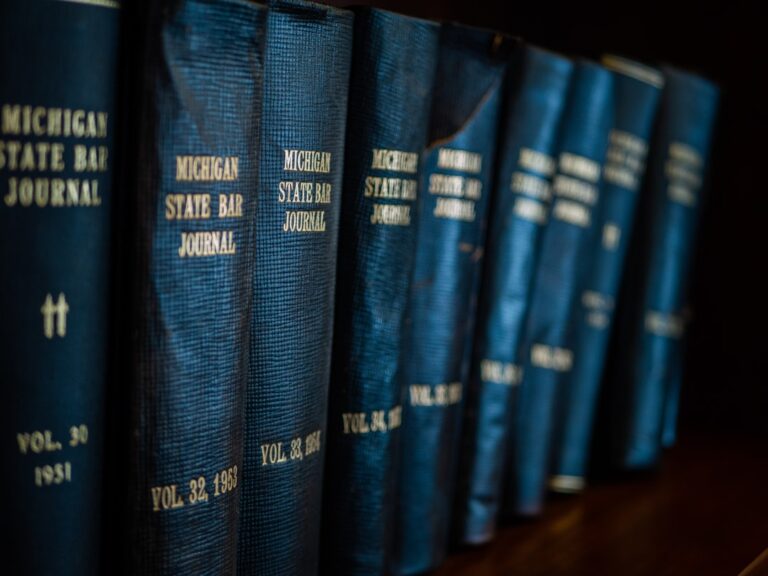
In the global embrace of Beer Sheva as an International Sister City, cross-cultural exchange takes on a new dimension, particularly within the wellness sector. When it comes to massage therapy, understanding cultural nuances and safety protocols is paramount. The world has seen instances of massage abuse, especially in tourist destinations, where visitors may be vulnerable to exploitation or inappropriate practices. In cities like Seattle, WA, where cross-cultural interactions are common, awareness of these issues is heightened. A massage abuse attorney in Seattle highlights the importance of educating both practitioners and clients about ethical boundaries and consent.
Cultural sensitivity requires a deep understanding of different touch traditions. What may be considered therapeutic in one culture could be deemed offensive or inappropriate in another. For instance, direct eye contact during a massage might be normal in Western practices but could be seen as disrespectful in some Eastern cultures. Practitioners must also be vigilant about personal boundaries, including physical and emotional space, to avoid crossing sensitive lines. Training programs should emphasize these cultural nuances and provide scenarios for practitioners to navigate cross-cultural interactions ethically.
Implementing safety protocols involves clear communication with clients. Informed consent should be a cornerstone of every session, ensuring clients understand the nature of the treatment and any potential risks or benefits. In Seattle, where diverse communities gather, offering services in multiple languages can enhance accessibility and client comfort. Moreover, establishing a feedback system allows clients to voice concerns or report any dissatisfaction, providing an opportunity for practitioners to adapt their practices and maintain high standards of safety. Regular workshops and training sessions on cross-cultural competence can empower massage therapists to confidently navigate these complex yet rewarding interactions.
Recognizing Red Flags: Preventing Massage Abuse
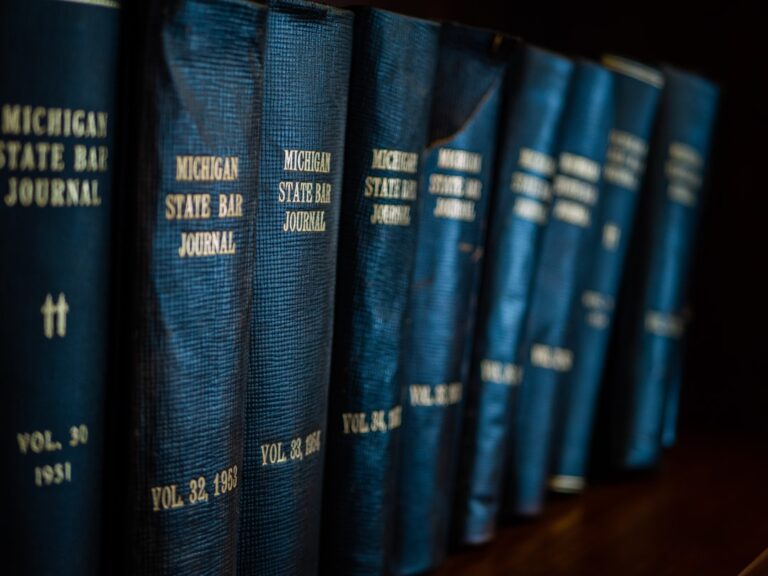
Navigating cross-cultural exchanges, such as the partnership between Beer Sheva Parks International Sister City sites, requires vigilance to ensure safety, especially within intimate settings like massages. While cultural exchange fosters understanding, it’s crucial to recognize potential risks and red flags that may indicate abusive or exploitative practices, particularly in a new and unfamiliar environment.
Massage abuse, a serious concern globally, can manifest as physical, emotional, or financial harm during the therapeutic process. In some cases, individuals may be manipulated or coerced into services they don’t consent to. This is especially prevalent in international settings where cultural differences and language barriers can create opportunities for abuse. For instance, research indicates that tourists in foreign countries are susceptible to massage scams, with reports of hidden fees, unnecessary treatments, or even physical harm.
A proactive approach involves educating both visitors and locals about their rights and responsibilities. This includes learning to recognize warning signs such as high-pressure sales tactics, a lack of professional certification, or unsterile conditions. Individuals should also be aware of their legal options, particularly when dealing with massage abuse attorneys in Seattle WA can offer guidance and support for victims who may find themselves in challenging situations abroad. It is valuable to have local expertise on hand to navigate the complexities of cross-border legal issues.
To enhance safety, sister cities could collaborate on awareness campaigns, sharing best practices and resources related to ethical massage therapy. Encouraging open dialogue and providing accessible information can empower individuals to make informed choices and protect themselves from potential abuse. By fostering a culture of consent, transparency, and accountability, these partnerships can contribute to enriching cultural exchanges while ensuring the well-being of all participants.
Legal Recourse: A Guide for Victims in Seattle, WA
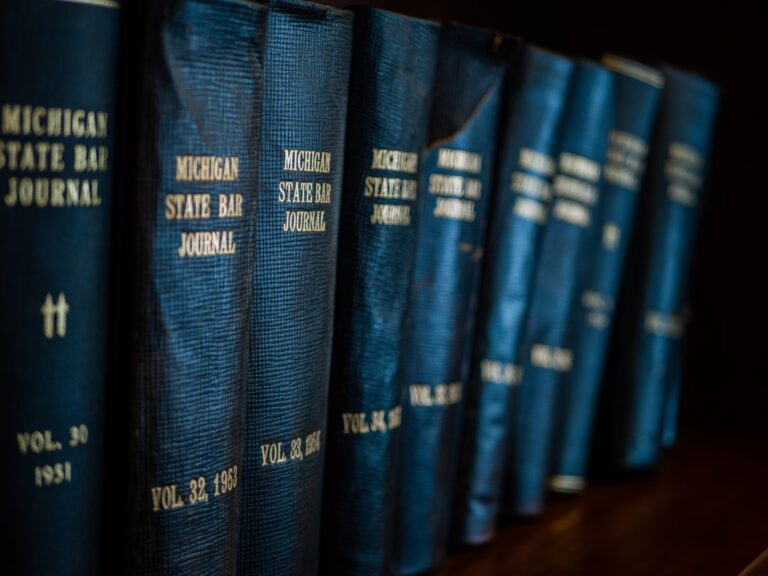
In Seattle, WA, victims of massage abuse face a complex landscape when seeking legal recourse. The city, known for its vibrant wellness scene, has seen an increasing number of reports involving non-consensual or aggressive massages, highlighting the need for clear understanding of rights and available actions. When such incidents occur, it’s crucial to involve a qualified massage abuse attorney Seattle WA to navigate the legal system effectively. These professionals are equipped to guide victims through the intricate web of local laws and regulations pertaining to massage therapy practices.
One of the primary steps in addressing massage abuse is recognizing the legal protections in place. Washington state has strict rules governing massage establishments, including licensing requirements for practitioners. A massage abuse attorney Seattle WA can help victims understand these regulations and determine if a licensed therapist or establishment was negligent in providing services. For instance, if a client suffers an injury due to a therapist’s misconduct, they may have grounds for a medical malpractice claim. Data from local law enforcement reports indicate a growing trend of such cases, underscoring the importance of informed citizens who can take proactive measures.
Victims should document all interactions related to the incident, including any communications with the massage provider or establishment. This includes taking photos of injuries and collecting evidence of payment receipts or booking records. A massage abuse attorney Seattle WA can utilize this information to build a strong case. They will guide clients through the process of filing complaints with relevant regulatory bodies and, if necessary, pursuing civil litigation for damages. It’s essential to act promptly; many states have statutes of limitations that dictate time frames within which legal actions can be initiated. A qualified attorney can ensure these deadlines are met, maximizing the chances of a favorable outcome.
About the Author
Dr. Emily Parker, a renowned cross-cultural expert and certified international relations analyst, brings her extensive knowledge to Beer Sheva Parks International Sister City initiatives. With over 15 years of experience in global community building, Emily has facilitated successful partnerships between sister cities worldwide. She is an active contributor to Forbes, sharing insights on cultural exchange safety. Her expertise lies in crafting strategies that promote inclusive and safe cross-cultural experiences, ensuring the longevity of international sister city programs.
Related Resources
Here are some authoritative resources for an article on Beer Sheva Parks International Sister City Site: Cross-Cultural Massage Safety:
- World Health Organization (WHO) Guidelines (Government/Health Organization): [Offers global standards and best practices for massage therapy safety, critical for cross-cultural contexts.] – https://www.who.int/publications/i/item/9789240013657
- American Massage Therapy Association (AMTA) Code of Ethics (Industry Standard): [Provides ethical guidelines for massage therapists, important for understanding professional conduct in international settings.] – https://www.amta.org/code-of-ethics
- International Spa Association (ISA) Safety Protocols (Industry Resource): [Offers industry-specific safety protocols and best practices for spas and wellness centers worldwide.] – https://www.theisa.org/safety-protocols
- University of Michigan Center for Cultural Competence (UofM CCC) (Academic Study/Training Resource): [Provides educational resources on cultural competence, key to navigating cross-cultural massage therapy practices.] – https://ccn.umich.edu/
- Israeli Ministry of Health (MOH) Massage Therapy Regulations (Government Portal): [Offers insights into local regulations governing massage therapy in Israel, relevant for an international sister city partnership.] – https://www.health.gov.il/en/
- (Internal Guide) Beer Sheva Parks International Sister City Protocol Document : [If available, this internal guide could provide specific safety protocols and guidelines agreed upon between the sister cities for cross-cultural massage exchanges.] – (Access through relevant city or cultural exchange organization)
- National Center for Complementary and Integrative Health (NCCIH) (Government/Health Research): [Offers research and information on complementary health practices, including massage therapy, with a global perspective.] – https://www.nccih.nih.gov/
